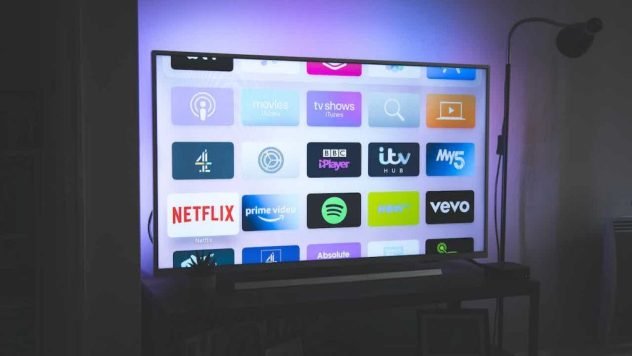BBB warns of Smart TV scam

By Greg Collier
With our homes having more and more internet-connected devices, many of these devices can be vulnerable to cyberattacks. This includes your smart TV or any internet-connected device you may have connected to your TV, like a Roku or Amazon Fire Stick. And whenever someone is vulnerable to a cyberattack, scammers are sure to follow. The Better Business Bureau has issued an urgent warning about smart TV attacks, which can cause the victim to lose money.
Hackers can hijack smart TVs through various methods, including exploiting vulnerabilities in the software, using phishing scams to gain access to the TV’s credentials, or exploiting weaknesses in the network that the TV is connected to.
One common method is to use malware to exploit vulnerabilities in the TV’s software, such as outdated firmware or unpatched security holes. Once the malware gains access to the TV, it can be used to control the TV remotely and perform a variety of malicious actions, such as displaying fake messages, installing additional malware, or even spying on the user through the TV’s camera and microphone.
What we’re concerned with today is smart TVs that display fake messages. If a smart TV has been exploited, scammers will prevent the user from setting up their TV properly. A pop-up message will appear on the TV claiming there is an issue with setting up the TV or possibly a streaming service. A phone number is typically displayed within the pop-up.
If someone were to call the number listed on the screen, they would be connected with scammers posing as a customer service department. The scammers will try to convince the user that a fee is required in order to obtain TV service. More often than not, the scammers will ask for payment in the usual scammer ways, such as gift cards or cryptocurrency.
To prevent smart TV hijacking, it is important to keep the TV’s software updated, use strong passwords for the TV and network, and avoid clicking on suspicious links or downloading unknown apps. Additionally, users should be wary of giving unnecessary permissions to apps installed on the TV, such as access to the camera and microphone.
Also, be suspicious of any pop-up messages that come across your TV asking you to call a customer service department. A Google search for the number could turn up if it’s a scam calling center. If you do need to call a manufacturer or service provider, make sure to get their official phone number of the company’s website.


Leave a Reply